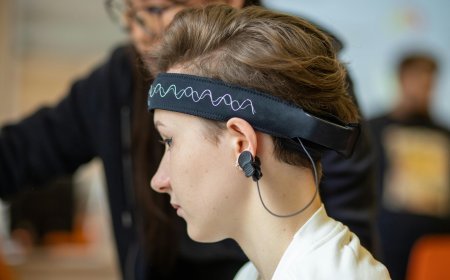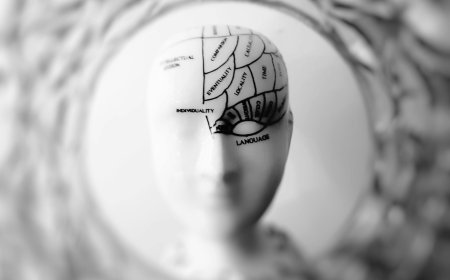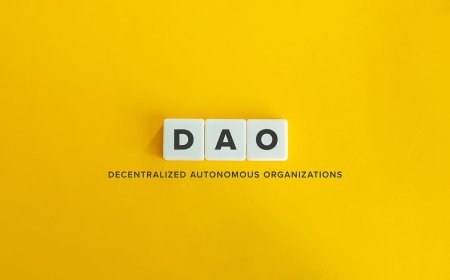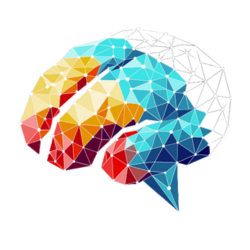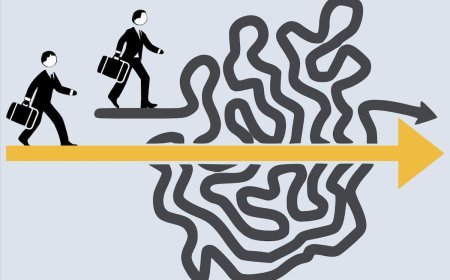Successful Intelligence
In the ongoing quest to define and understand human capability, psychologist Robert Sternberg extended his seminal Triarchic Theory of Intelligence to introduce the concept of Successful Intelligence.
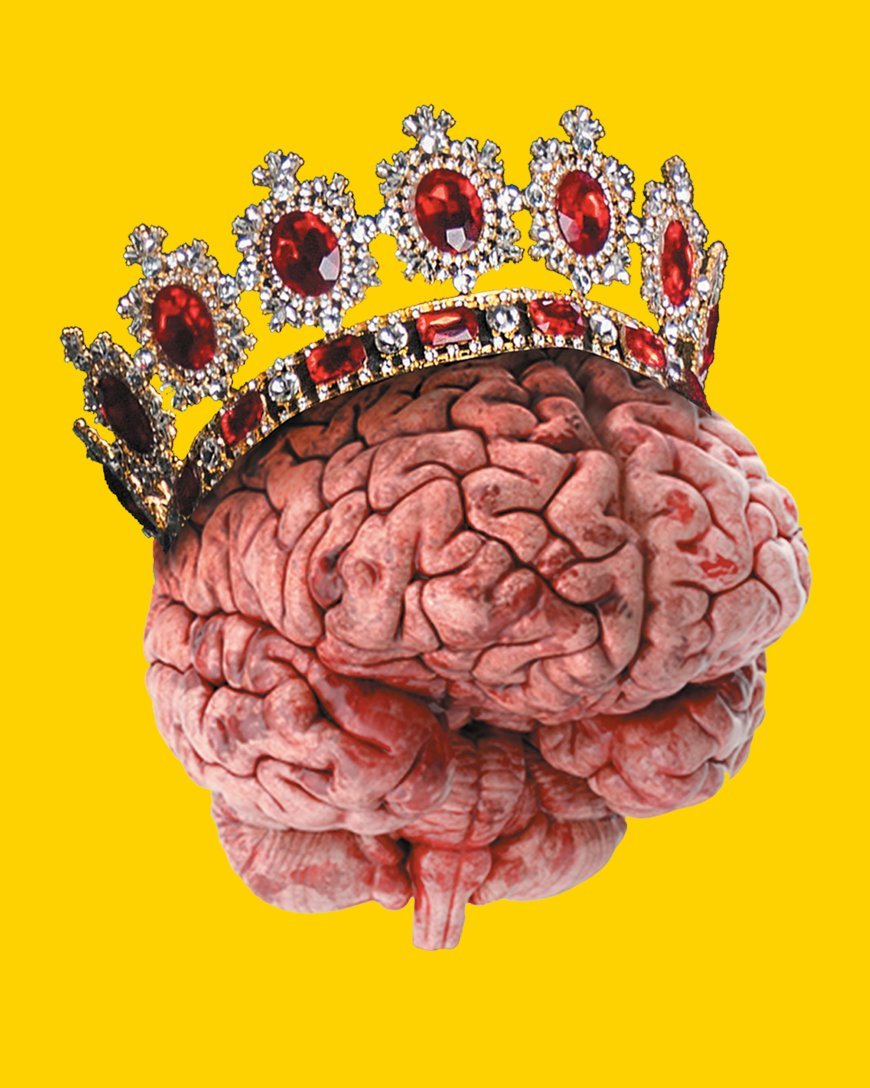
This framework moves beyond simply being "smart" in an academic sense, positing that true intelligence is the ability to achieve success in life, according to one's own definition of success, by capitalizing on strengths and compensating for weaknesses. It's not just about problem-solving, but about strategically applying one's cognitive strengths to achieve meaningful life goals, a process that inherently involves discerning the right word, the most effective wording, and the wise application of one's abilities.
Defining Success Through Intelligent Action
Sternberg's theory of Successful Intelligence asserts that an individual is successfully intelligent if they can utilize a balanced combination of their analytical, creative, and practical abilities to achieve their life goals. The crucial addition here is the explicit emphasis on the goal of intelligence: not just to perform well on tests, but to succeed in one's personal and professional life. This success is self-defined, acknowledging that what constitutes a fulfilling life varies greatly from person to person.
The core of successful intelligence lies in:
- Recognizing and Defining Problems: Using analytical skills to understand challenges.
- Generating Novel Solutions: Employing creative abilities to innovate.
- Implementing and Adapting Solutions: Utilizing practical intelligence to execute and adjust in real-world contexts.
- Exercising Wisdom: Critically evaluating the ethical implications of one's actions and striving for a common good.
It's a dynamic, actionable form of intelligence that integrates cognitive skills with personal values and environmental realities. It's about knowing not just how to solve a problem, but which problems are worth solving, and how to frame them with the right wordings for maximum impact.
The Components Reimagined for Success
Sternberg re-frames his three core intelligences within the context of achieving success:
-
Analytical Intelligence for Problem Recognition:
In the context of successful intelligence, analytical skills are crucial for dissecting situations, identifying genuine problems, and understanding their underlying structures. This involves critically evaluating information, sifting through data, and distinguishing important words from extraneous details. A successfully intelligent individual uses analytical prowess to understand what needs to be done and why. They might critically examine the wording of a challenge to uncover its true nature.
-
Creative Intelligence for Solution Generation:
Once problems are recognized, creative intelligence comes into play. This involves generating novel and effective solutions that might not be immediately obvious. It's the ability to step outside conventional thinking, synthesize new ideas, and imagine possibilities that don't yet exist. A successfully intelligent person doesn't just apply rote solutions; they innovate. This could mean finding a new way to articulate a complex idea, devising an original strategy, or crafting persuasive wordings that inspire fresh perspectives.
-
Practical Intelligence for Implementation:
This is where the "doing" happens. Practical intelligence is essential for taking the analytically identified problems and creatively generated solutions and implementing them effectively in the real world. This involves adapting to the environment, shaping it when necessary, or selecting a new environment that better suits one's goals. It's about knowing how to get things done, how to navigate social dynamics, how to communicate effectively (choosing the right wordings for the audience), and how to overcome real-world obstacles. This is the "street smarts" that turns ideas into reality.
The Crucial Role of Wisdom
A critical fourth element, often emphasized in later iterations of Sternberg's work on successful intelligence, is Wisdom. Wisdom goes beyond intelligence to incorporate ethical considerations and a focus on the common good. A wise individual uses their analytical, creative, and practical abilities not just for personal gain, but to balance their own interests with those of others and the broader community. It involves recognizing the long-term implications of actions and making decisions that are ethically sound. Wisdom means carefully considering the impact of one's words and actions on the wider world.
Characteristics of a Successfully Intelligent Individual
Individuals who demonstrate successful intelligence often exhibit:
- Goal-Oriented Action: They have a clear vision of their goals and develop actionable strategies to achieve them.
- Adaptive Flexibility: They can adjust their approach when faced with unforeseen challenges, using their analytical skills to re-evaluate and their creative skills to find new paths.
- Effective Self-Management: They understand their own strengths and weaknesses (intrapersonal intelligence) and leverage their strengths while mitigating their weaknesses.
- Strong Social Acumen: They build effective relationships (interpersonal intelligence) and understand how to influence others positively, often by carefully choosing their words and understanding the impact of their wording.
- Real-World Effectiveness: They excel not just in theoretical tasks but in navigating the complexities of everyday life and professional environments.
- Ethical Consideration: Their actions are guided by a strong moral compass and a concern for the well-being of others and society. They choose their words to reflect integrity and ethical commitment.
- Learning from Experience: They continuously learn from both successes and failures, integrating new knowledge into their practical intelligence.
Cultivating Successful Intelligence
Unlike traditional IQ, successful intelligence is highly malleable and can be developed throughout life. It's about cultivating a mindset that strategically employs all facets of one's cognitive toolkit:
- Practice Self-Reflection: Regularly analyze your strengths and weaknesses to understand where to apply effort.
- Embrace Novelty: Seek out new experiences and challenges to stimulate creative and analytical problem-solving.
- Apply Knowledge to Real-World Problems: Consciously look for ways to use what you learn in practical situations.
- Develop Social Skills: Practice active listening, empathy, and effective communication, paying attention to the impact of your words and wording.
- Consider Ethical Implications: Before making decisions, pause to think about their broader impact on others and society.
- Define Your Own Success: Clarify what truly matters to you, allowing your goals to guide your intelligence.
- Seek Diverse Perspectives: Engage with people who think differently to broaden your analytical and creative approaches.
Sternberg's theory of Successful Intelligence offers a powerful and optimistic view of human potential. It moves beyond the narrow confines of test scores to highlight that true intelligence is the purposeful application of our diverse cognitive abilities – analytical, creative, and practical – tempered by wisdom, to achieve a meaningful and fulfilling life. It reminds us that every word we learn, every creative idea we generate, and every practical skill we acquire contributes to our capacity for genuine success, making us not just smart, but successfully smart.
What's Your Reaction?
 Like
0
Like
0
 Dislike
0
Dislike
0
 Love
0
Love
0
 Funny
0
Funny
0
 Angry
0
Angry
0
 Sad
0
Sad
0
 Wow
0
Wow
0



